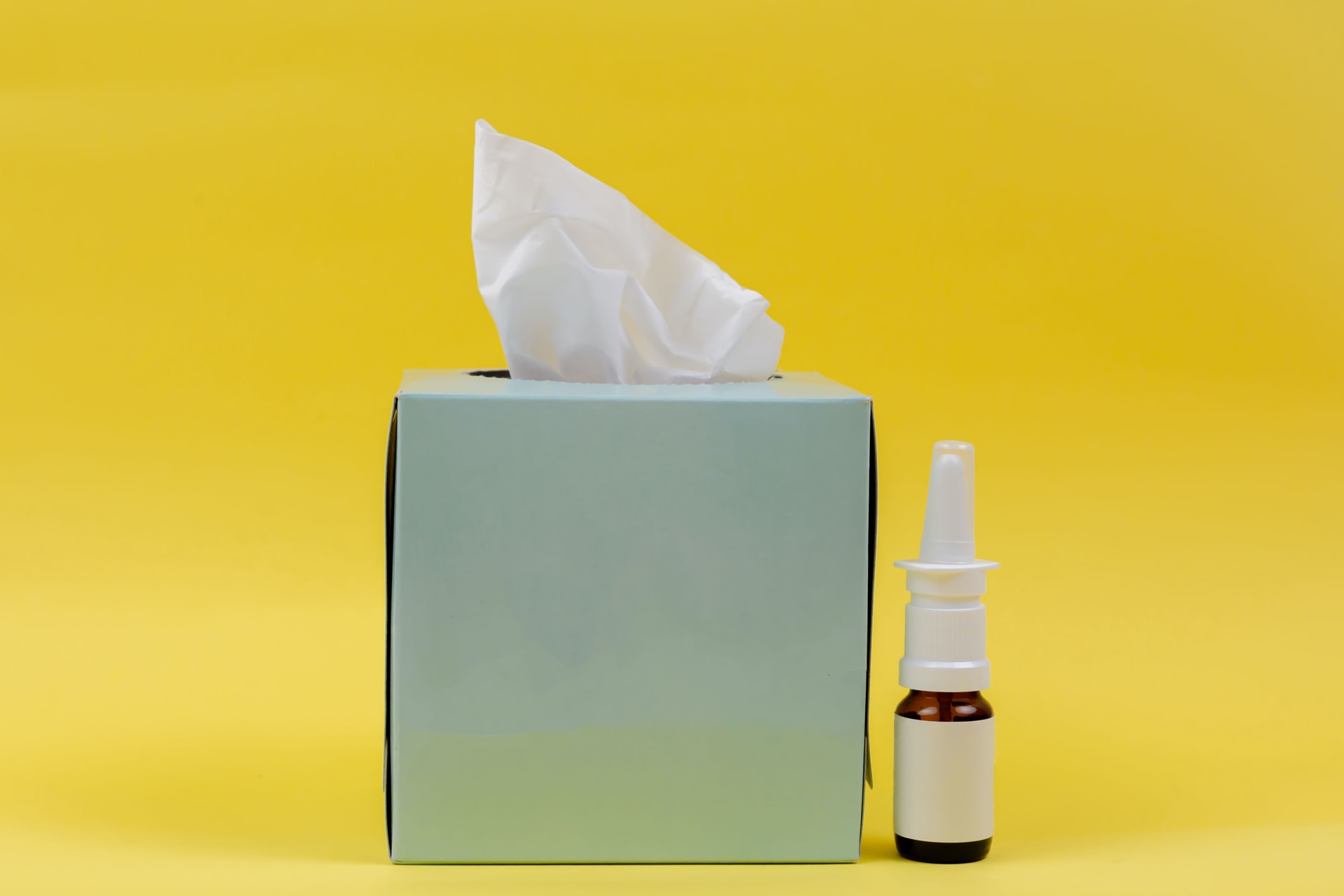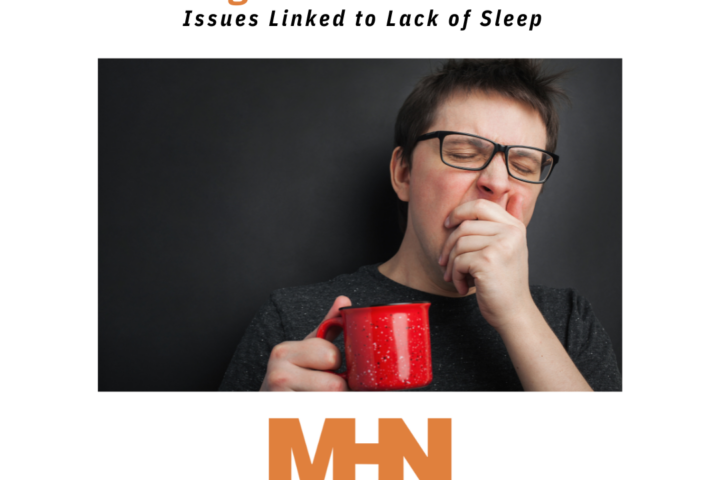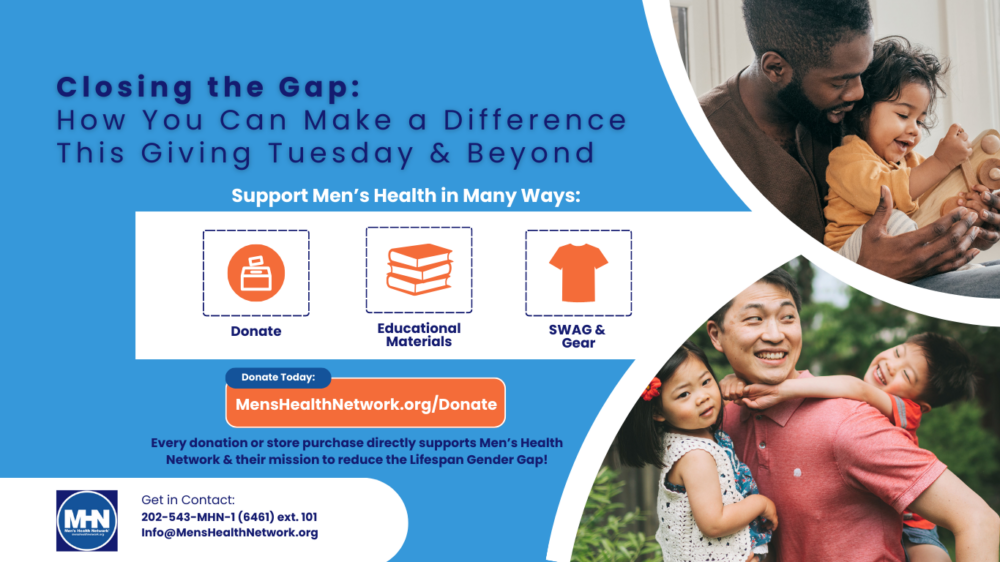Most of us have experienced the misery to some degree—the sneezing, runny nose, watery eyes and mucous overload that comes along with allergies.
According to the American College of Allergy, Asthma & Immunology, allergies affect more than 50 million people in the United States—and that number is growing. Already, as many as 30% of adults and up to 40% of children have some kind of allergy.
I have personal experience dealing with allergies as a parent. When my son Drew was about 6 years old, our basement flooded. Shortly after, he developed allergies and ultimately severe asthma and became chronically ill. It was a long time before we realized he was suffering from mold exposure and resulting allergies that took years to get under control.
His respiratory symptoms were scary enough, but what really concerned me, as a cardiologist, is something most people do not realize; that is, allergies are far more than an uncomfortable inconvenience. Over time, they can take a serious toll on lung health and even lead to heart disease.
This is because heart disease is largely caused by inflammation—particularly sustained, unchecked chronic inflammation. Allergies are problematic because they are the symptom of your immune system overreacting to a perceived threat—the allergen–and triggering a histamine response that creates an inflammatory state in the body.
Unfortunately, reaching for an over-the-counter allergy medicine isn’t the best solution. They can help relieve symptoms temporarily by drying up mucous membranes, but they’re not going to address the root cause of the problem. Plus, for middle-aged men, some OTC allergy medications can affect the prostate and lead to urinary issues, which you really don’t want.
There are, however, some great alternative approaches for allergy relief that support that underlying inflammatory response.
First, you can try a Neti Pot to flush allergens out of the nasal passages—this can really help open up the airways and reduce irritation caused by things like pollen, pet dander and dust.
Next, really look at your diet. Especially during peak allergy seasons or situations, I recommend you eliminate as much sugar, gluten and dairy as possible. Sugar is notorious for creating inflammation in the body, and a huge number of people are more sensitive than they realize to gluten and dairy. When you layer extra allergens on top of those sensitivities, allergy symptoms skyrocket.
Then, there are specific nutrients that can really help the body respond appropriately to allergen exposure and keep that inflammatory response in check. I particularly like quercetin—it has antioxidant and inflammation balancing properties. You can find it in supplement form, or get it through foods like onions and apples. Bromelain is a potent inflammation-regulating enzyme that really helps, too—pineapples are a great source.
I’ve also had particularly good luck with a botanical ingredient blend called AlvioLife. It’s a mix of Boswellia and quince fruit extract that has some really impressive clinical results for lung and respiratory health and keeping that inflammatory response healthy. I actually chose to include AlvioLife, along with bromelain, quercetin and some supportive botanicals, in a respiratory supplement that I formulated working with my son, Drew (who is now a practicing naturopathic physician) for Healthy Directions, and we’ve seen great results.
Finally, if you’re really suffering, I highly recommend trying acupuncture. The right course of acupuncture can trigger a response from your parasympathetic nervous system that helps offset the body’s hyper reaction to allergens, which can help keep your immune response in check and reduce that inflammatory response. Or, for the same effect at home, consider grounding. Grounding (also known as earthing) is very simply reconnecting the human body with the energy that’s naturally present in the ground we walk on. When you walk outside barefoot, you absorb electrons from the Earth’s surface, and they have a profoundly anti-inflammatory effect in the body. Not only can this help with allergy symptoms and heart health, but it can also dramatically reduce stress and increase calm, and even reduce pain. It may seem counterintuitive to head outside during allergy season, but try a short barefoot walk every day and I think you’ll be amazed at the results!
Photo by Diana Polekhina on Unsplash




